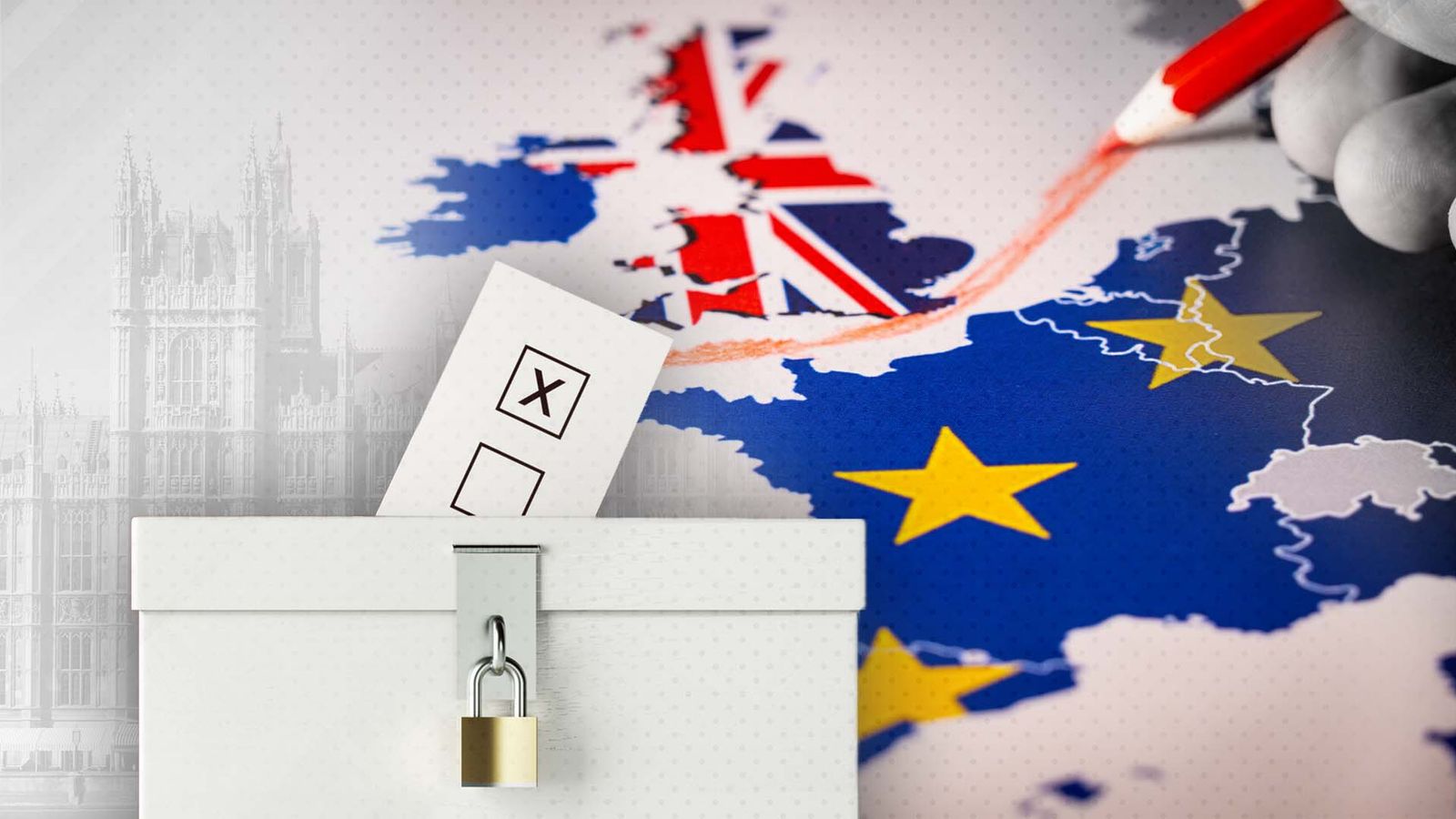Labour Members of Parliament have been urged to “put their money where their mouth is” and support a proposed bill for an EU Youth Mobility Scheme.
The Liberal Democrats are attempting to pressure Sir Keir Starmer into negotiating a freedom of movement agreement for individuals aged 18-30, allowing them to reside and work across Europe.
Politics Live: Starmer to face MPs hours after Treasury minister resigns amid controversy
An analogous action taken by the party last year resulted in MPs endorsing the implementation of Proportional Representation during a largely symbolic vote.
The Liberal Democrats are utilizing the 10-minute rule process, allowing a backbench MP to advocate for a new law in a speech that cannot exceed ten minutes.
James MacCleary, the MP proposing the bill, articulated that a youth mobility scheme is a “no-brainer” if Chancellor Rachel Reeves, who is currently under scrutiny, aims to fulfill her objective of economic advancement.
The Liberal Democrats also contend that with Donald Trump’s inauguration approaching rapidly, it is crucial to expedite the restoration of ties with Europe, which they view as “a more dependable international ally” compared to the incoming US administration.
Mr. MacCleary stated: “This policy is a slam dunk – it’s the key to unlocking an array of cultural and career opportunities for the youth in our nation, alongside enhancing the economy.”
“The new administration spoke positively regarding mending our fractured relationship with the EU, yet thus far, there has been no indication of them taking action to heal the wounds inflicted by the flawed Conservative Brexit agreement.
“The Labour administration frequently discusses its aim to spur economic growth: this Bill represents an opportunity for Labour MPs to demonstrate their commitment. Labour needs to follow through and support this Bill.”
Labour’s manifesto, designed to win elections, vowed to reestablish connections with Europe following years of a tumultuous relationship under the Conservatives, although the practicalities of this remain unclear.
Sir Keir has been steadfast in his stance against a return to the single market, customs union, or freedom of movement, having previously dismissed the possibility of a youth mobility agreement.
Nonetheless, reports indicate that EU countries are advocating for a deal to be reached.
Miguel Berger, the German ambassador to the UK, commented last week that such an arrangement would constitute a “significant component” in resetting EU relations.
He mentioned to The Guardian: “It should be relatively straightforward. However, there are evident efforts to frame this as immigration, or to characterize it as freedom of movement.”
Read More:
New report hints that the UK could be £311bn worse off by 2035 following EU departure
UK businesses cease shipments to Northern Ireland due to new regulations
The Liberal Democrats note that a youth mobility scheme already exists between the UK and countries like Australia, Canada, New Zealand, and South Korea.
These programs permit a specified number of young individuals to reside and gain employment in these nations for a limited duration.
The Youth Mobility Scheme (EU Countries) Bill seeks to pressure the government into extending this scheme to include the EU.
A number of Labour MPs, including notable MP Stella Creasey, have shown their support for such a proposal.
The Liberal Democrats’ previous bill, introduced in the 10 Minute Rule format by cabinet office spokesperson Sarah Olney on proportional representation, garnered support across party lines.
Neither of these votes holds binding power.
Naomi Smith, CEO of Best for Britain, which advocates for stronger EU-UK relations, stated that their polling consistently reveals that the majority of British citizens would favor a reciprocal mobility scheme.
She remarked: “A Youth Mobility Scheme is mutually beneficial, not only for young Britons but also for businesses throughout the UK grappling with labor shortages.
“Given our polling indicates that around 60% of voters are in favor of the initiative and with signals on Britain’s economic dashboard flashing red, the government ought to seize this opportunity wholeheartedly.”




